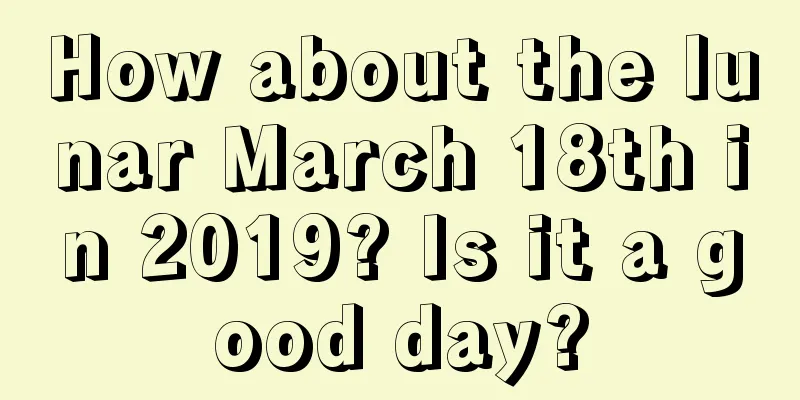What are the legends about the Qixi Festival? Which dynasty did it originate from?

When talking about the Chinese Valentine's Day, the first thing that comes to mind is definitely the Cowherd and the Weaver Girl, because according to legend, the Chinese Valentine's Day is the day they meet once a year. Although July is already autumn, the breath of summer has not completely dissipated, and the temperature still makes people feel hot and unbearable. Follow Shuimo.com to learn more about the seventh month of the lunar calendar!What are the legends about the Qixi Festival?Legend 1A long time ago, the cowherd and the old cow depended on each other for survival. One day, the old cow asked the cowherd to go to the woods, where he would see a beautiful girl and marry her. The cowherd was puzzled, but went anyway. Things turned out just as the old cow had said, and they lived a happy life. But the good times did not last long. The old cow died after explaining what had happened, and the Weaver Girl was also captured. The Cowherd and his children were chasing the Weaver Girl on the cowhide and were about to catch up with her, but the Queen Mother took off her hairpin and drew a river in the sky, separating them. They struggled with each other and shed tears. The Queen Mother was moved and allowed them to meet once a year, which formed the current Chinese Valentine's Day. Legend II The Chinese Valentine's Day, also known as the Qiqiao Festival, comes from the mythical story of the Cowherd and the Weaver Girl's marriage in the Milky Way. Cowherd and Weaver Girl, every year on the seventh day of the seventh lunar month, it is said that the Cowherd and Weaver Girl meet on the Magpie Bridge. The girls will come under the moon and look up at the starry sky, looking for the Altair and Weaver Girl on both sides of the Milky Way, hoping to see their annual meeting, begging God to make them as dexterous as the Weaver Girl, and praying that they can have a happy and satisfying marriage. This is how the Chinese Valentine's Day was formed. Which dynasty did it originate from?The Qixi Festival, a festival for begging for cleverness, originated in the Han Dynasty. In the Western Capital Miscellaneous Records by Ge Hong of the Eastern Jin Dynasty, there is a record that "beautiful women of the Han Dynasty used to thread seven-hole needles in the open-collared tower on July 7th, and everyone was accustomed to it." This is the earliest record of begging for cleverness that we have seen in ancient documents. In later Tang and Song Dynasty poetry, women's begging for skills were repeatedly mentioned. Wang Jian of the Tang Dynasty wrote a poem saying "The dim stars are adorned with pearly light, and the palace maids are busy begging for skills on the Qixi Festival." According to "Kaiyuan Tianbao Yishi", Emperor Taizong of Tang and his concubines held banquets in the Qing Palace on the Qixi Festival every year, and the palace maids each begged for skills. This custom has been popular among the people and passed down from generation to generation. |
<<: What legend does the Qixi Festival originate from? What food do you usually eat?
>>: What is the Chinese Valentine's Day? What are the traditional festival customs?
Recommend
Is it a good idea to get married on July 14th of the lunar calendar in 2020?
Is it a good idea to get married on July 14th of ...
When is the Lower Yuan Festival in 2017? What are the customs?
Introduction: Behind every traditional festival th...
Where is the God of Wealth on May 18th of the lunar calendar in 2018?
The fifth month of the lunar calendar has the ind...
How many days does it take to count down to the Jingzhe Festival in 2021?
Introduction: Anxiang is one of the important acti...
When is the beginning of spring in 2019? What should we wear on the beginning of spring?
The Great Cold has passed, and what comes next is ...
Is the seventh day of the twelfth lunar month in 2017 a good day for offering sacrifices?
Introduction: Our country has been a traditional c...
Is March 19th of the lunar calendar 2020 a good day to break ground and repair graves?
Introduction: You need to choose an auspicious day...
What does Lesser Heat mean? What are the classics related to Lesser Heat?
“A thunderclap in Lesser Heat turns into the Rainy...
How is the day of Minor Heat on May 28, 2021? Can the funeral be held on this day?
The pomegranate flowers are bright in May, and the...
Is the Feng Shui of a house next to an overpass good? Common sense for choosing a location for buying a house in 2020!
Buying a house next to an overpass usually means i...
What kind of gift should I buy for my boyfriend’s parents during the Spring Festival? What is the appropriate gift?
What gifts should I buy when I meet my boyfriend&#...
How to arrange your home for good feng shui in 2017
Introduction: We are about to usher in 2017 and th...
Is it good for a rat baby to be born on October 15th, the Lower Yuan Festival? What is his fate?
The destiny of each zodiac sign is different on it...
How to raise parrot fish best in Feng Shui
Introduction: Many of our friends who have a refi...
Is February 18, 2022, the Spring Equinox, a good day? Can I go to worship my ancestors?
The second month of the lunar calendar is also kno...









